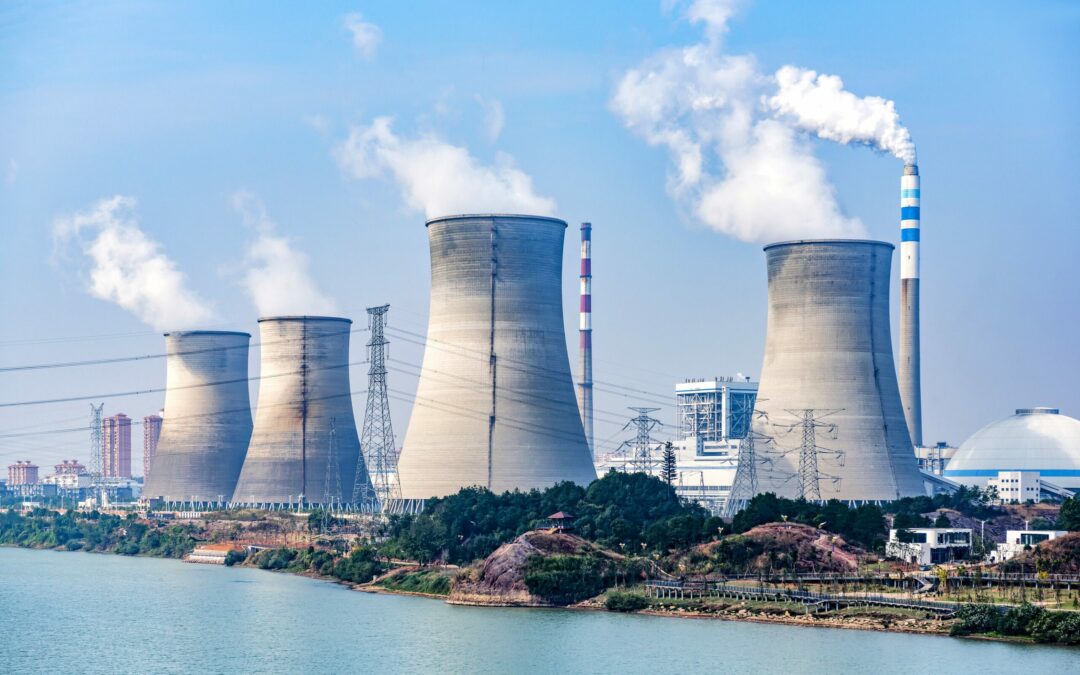Nearly 20% of the nation’s electricity still comes from nuclear power plants, even though several of them are nearing the end of their expected useful lives.
Since many possible sources of energy that could replace nuclear power are not as clean as nuclear power, new research asserts that closing them could increase air pollution and lead to more deaths.
According to MIT researchers, using dirty energy sources to close that power imbalance could result in almost 5,000 early deaths.
When thinking about nuclear shutdowns, where the discourse frequently centers on local dangers due to accidents and mining or long-term climatic consequences, this adds one additional layer to the environmental health and social repercussions mix, according to the primary study author.
Graduate student Lyssa Freese from the Department of Earth, Atmospheric, and Planetary Sciences at Massachusetts Institute of Technology (EAPS). A university news release quoted her.
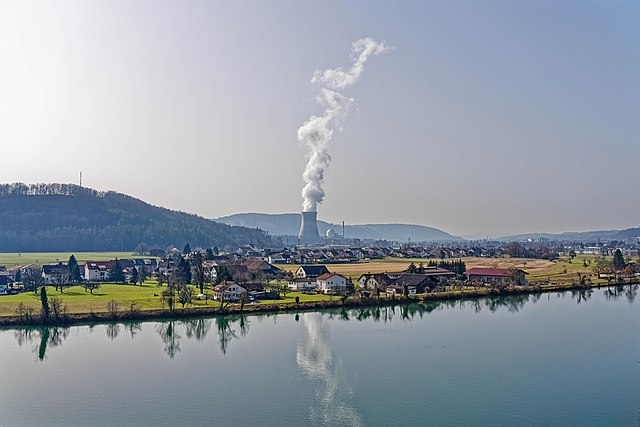
Around the nation, there are 92 nuclear reactors in the United States. Many of these power stations have been operational for almost fifty years. According to the report, they are viewed as a low-carbon substitute for coal, oil, and natural gas.
The United States Environmental Protection Agency contributed to the cost of this study.
Related: Researchers Connect Teenagers’ Increased Blood Pressure To Pollution
Air quality hasn’t been a major topic of discussion in the argument over maintaining nuclear power facilities, according to research author Noelle Selin, a professor at MIT’s Institute for Data, Systems, and Society (IDSS) and EAPS.
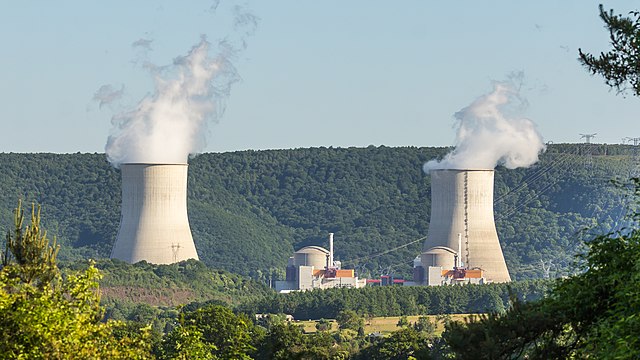
The release quoted her as saying, “What we found is that air pollution from fossil fuel plants is so damaging that anything that increases it, such as a nuclear shutdown, is going to have substantial impacts, and for some people more than others.”
The researchers in the study envisioned a scenario in which all of the nation’s nuclear power plants would be shut down. Next, they thought about how various energy sources, including coal, natural gas, and renewable energy, would meet the demand for energy over the course of a year.
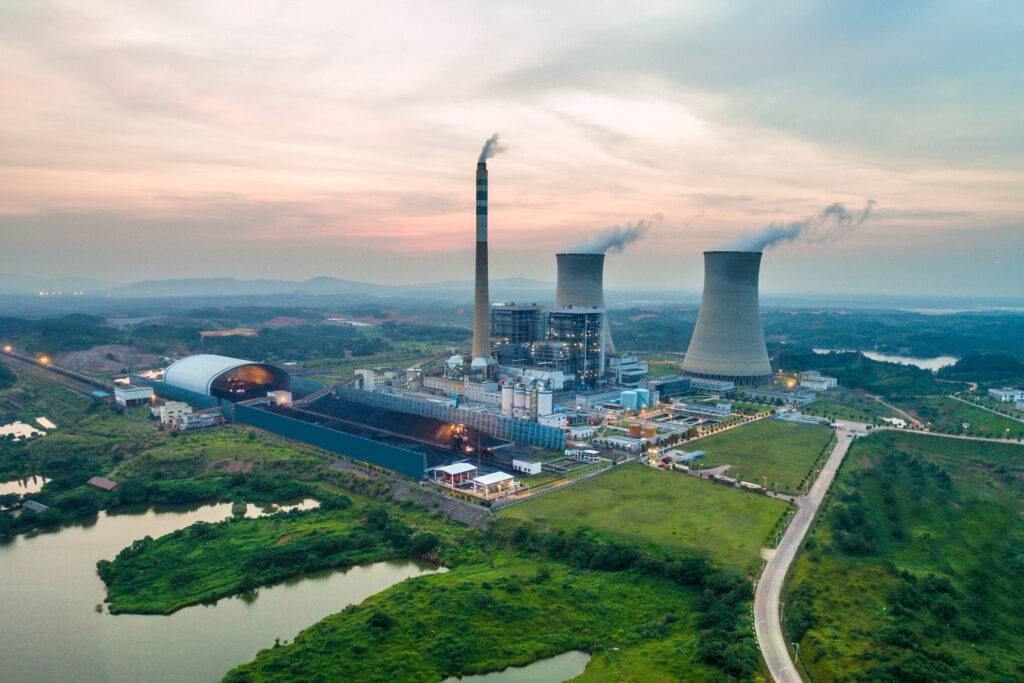
The model runs continuously to estimate, hour by hour, the energy demands in 64 regions across the nation. It simulates the output of every power plant in the nation.
We wanted to consider potential modifications to the electricity grid in the future, Freese added. We were aware that the usage of coal was dropping, and much work had already been done to determine how that might affect air quality. However, no one had examined the air quality or nuclear power, which we also observed to be declining.
Related: The Fight To Expose Corporations’ True Climate Impact
According to their analysis, the increased usage of fossil fuels would lead to a rise in air pollution, which would cause 5,200 more deaths from pollution in a single year.
On the other hand, further air pollution would be significantly reduced if more renewable energy sources became accessible to power the electricity grid, as is anticipated by 2030. In this case, the researchers did nonetheless discover a modest rise in air pollution in several regions of the nation. Over the course of a year, this would result in 260 more pollution-related fatalities.
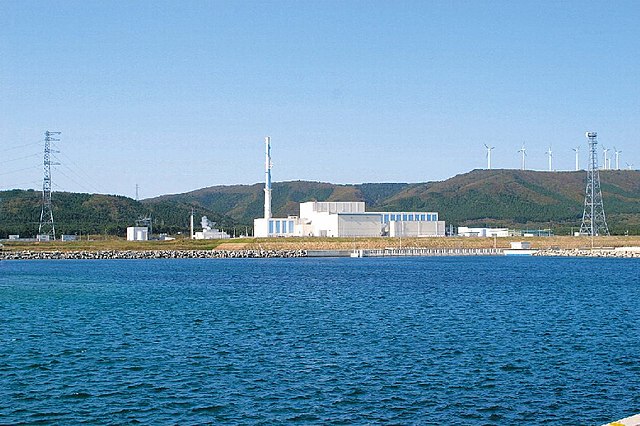
Black populations were most exposed since a disproportionate percentage of them reside close to fossil fuel plants.
Without nuclear energy, air pollution generally grew worse, primarily hurting the East Coast. There are numerous nuclear power plants.
The research results appeared in the journal Nature Energy on Monday.
If we want to include nuclear power facilities as a component of an energy system, we need to be careful about how we retire them, according to Freese. “The grid system will respond, so shutting down something that doesn’t have direct emissions itself can still result in increases in emissions.”
In order to cover the gap left by nuclear energy, which is essentially a zero-emissions energy source, this may mean that we need to deploy even more renewable energy sources, Selin continued. If not, “we will experience a decrease in air quality that we weren’t necessarily anticipating.”
Download The Radiant App To Start Watching!
Web: Watch Now
LGTV™: Download
ROKU™: Download
XBox™: Download
Samsung TV™: Download
Amazon Fire TV™: Download
Android TV™: Download

